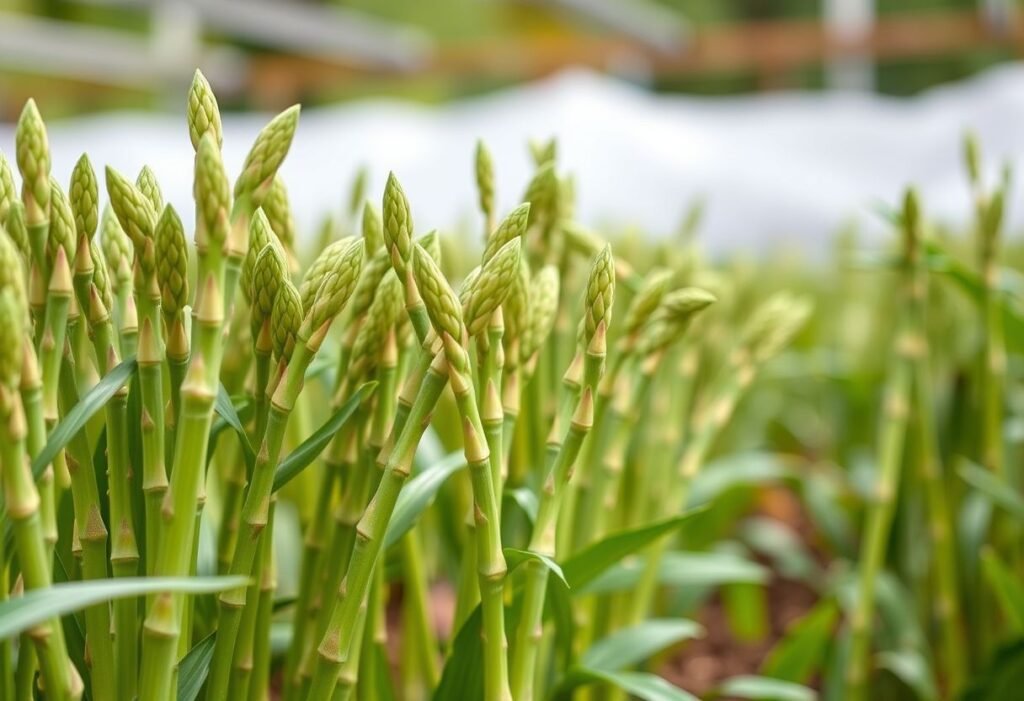Why Fertilizing Asparagus is Important
Fertilizing asparagus plants is crucial for their overall health and productivity. These perennial plants reward diligent care with increased yield and better resilience against pests and diseases. A well-balanced fertilizing routine provides the essential nutrients that asparagus plants need to flourish.
What Nutrients Do Asparagus Plants Need?
Asparagus requires specific nutrients to grow strong and healthy, including nitrogen, phosphorus, and potassium. Nitrogen promotes leaf growth, while phosphorus is vital for flower and seed formation. Potassium supports root development. When you fertilize asparagus plants, choose a fertilizer rich in these key nutrients for the best results.
The Best Time to Fertilize Asparagus
Timing is everything. The ideal time to fertilize asparagus plants is in early spring, just before they start to thrive. At this point, these plants are eager for nutrients to fuel their vigorous growth. Applying a quality fertilizer will help ensure that your asparagus plants establish a strong foundation for the growing season.
Types of Fertilizers for Asparagus Plants
Choosing the right fertilizer is essential. Organic fertilizers, such as compost, are an excellent choice for nourishing asparagus plants while improving soil health. Alternatively, synthetic fertilizers work quickly and effectively, making them a popular option for those looking to fertilize asparagus plants rapidly.
How to Apply Fertilizer in the Garden
Applying fertilizer should be done according to the manufacturer’s instructions. Spread the fertilizer around the base of the plants and lightly incorporate it into the soil. Avoid over-fertilization; too much can harm plants more than help. Proper application of fertilizer for asparagus can significantly enhance their growth potential.
Common Fertilizing Challenges and Solutions
Fertilizing doesn’t come without challenges. Insufficient or excessive nutrients can lead to various issues. If your asparagus plants’ leaves start turning yellow, that may indicate a nitrogen deficiency. Keeping a close eye on your plants allows you to adjust the fertilizer for asparagus plants accordingly and maintain their health.
Conclusion
Fertilizing asparagus plants is a vital part of ensuring a bountiful harvest. By understanding their nutrient needs and applying the right fertilizers at the right time, you’ll reap the rewards of your efforts with delicious asparagus. Don’t wait—start your fertilizing routine today and watch your plants thrive!
Disclaimer
This article is for informational purposes only and should not be considered a substitute for professional advice. Always consult with an expert when choosing fertilizers.

















